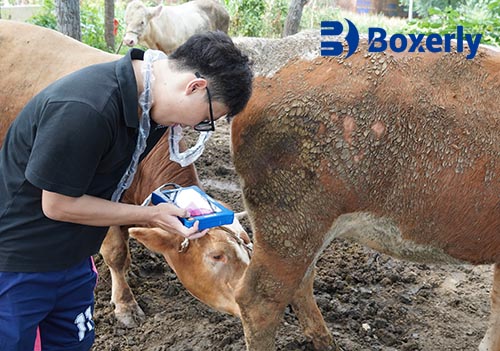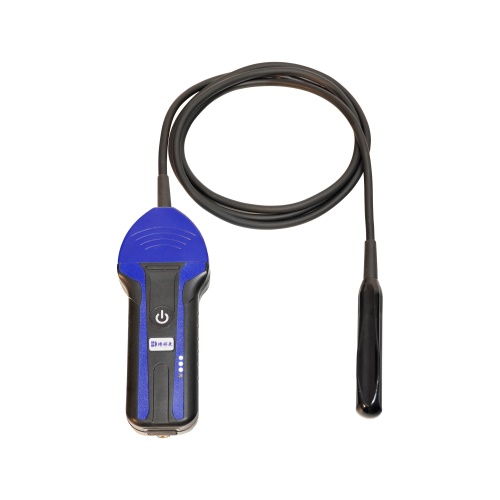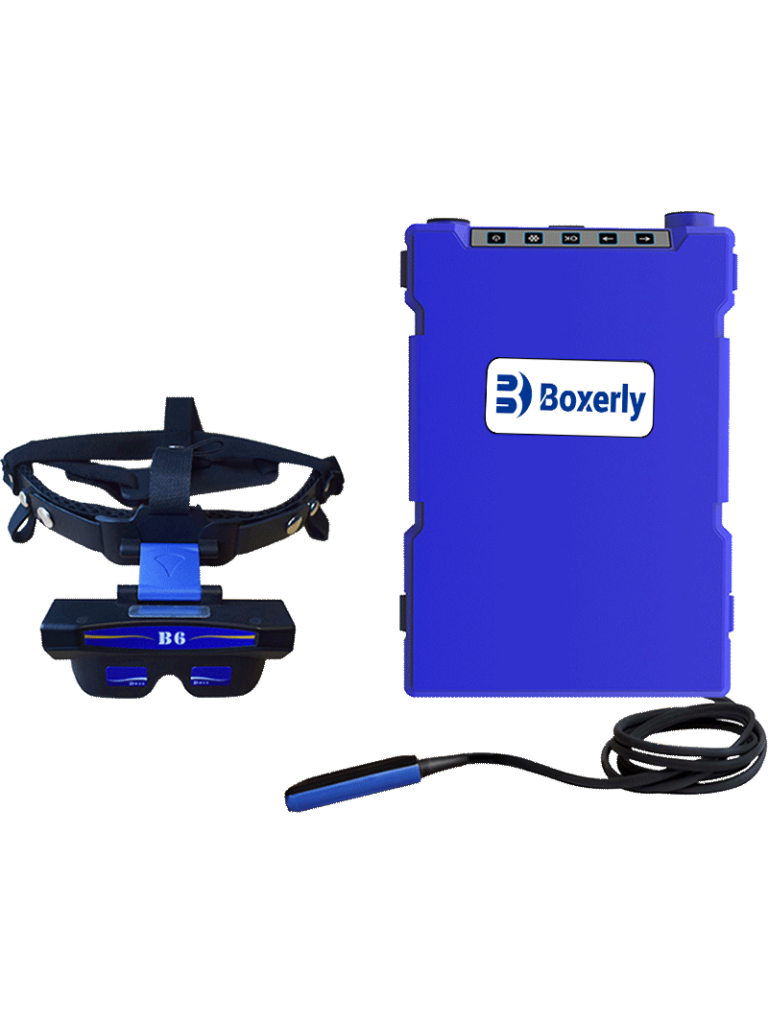How to Choose a Bovine Ultrasound Machine
Selecting the right bovine ultrasound machine is crucial for effective livestock management, particularly in reproductive health monitoring. This guide delves into the essential factors to consider, ensuring that your investment enhances productivity and animal welfare.

Understanding the Role of Bovine Ultrasound
Bovine ultrasound machines provide real-time imaging of the reproductive tract, enabling early pregnancy detection, assessment of ovarian structures, and monitoring of fetal development. This technology surpasses traditional methods like transrectal palpation by offering more accurate and timely information.
Key Considerations When Choosing a Bovine Ultrasound Machine
1. Portability and Durability
Farm environments can be unpredictable; thus, a portable and durable ultrasound machine is essential. Look for devices that are lightweight, battery-operated, and have robust casings to withstand field conditions. Waterproof and dustproof features (e.g., IP67 rating) are advantageous for outdoor use .

2. Image Quality
High-resolution imaging is vital for accurate diagnosis. Machines with advanced imaging technologies, such as compound imaging and tissue harmonics, provide clearer images of soft tissues . Consider devices that offer adjustable frequency ranges (e.g., 4-14 MHz) to suit various examination needs .
3. Transducer Selection
The transducer, or probe, is a critical component. For bovine reproductive examinations, a linear rectal probe is commonly used due to its ability to provide detailed images of the uterus and ovaries. Ensure the probe is durable and has a long cable for ease of use .

4. Battery Life
Extended battery life is essential for fieldwork. Some machines offer up to 12 hours of continuous operation, reducing the need for frequent recharging and ensuring reliability during long working days .
5. Ease of Use
User-friendly interfaces with preloaded veterinary-specific presets can streamline the scanning process, allowing for quicker examinations and reduced training time . Features like quick image saving and detailed reporting capabilities enhance workflow efficiency .
6. Software and Connectivity
Modern ultrasound machines often come with software that allows for image storage, retrieval, and sharing. Connectivity options, such as USB ports or wireless capabilities, facilitate easy transfer of data to other devices or cloud storage .
7. Cost Considerations
Prices for bovine ultrasound machines vary based on features and brand. Entry-level models may start around $2,500, while high-end machines with advanced imaging capabilities can exceed $10,000 . Assess your specific needs and budget constraints to determine the most suitable option.
Final Thoughts
Investing in the right bovine ultrasound machine requires careful consideration of various factors, including portability, image quality, transducer type, battery life, user interface, software capabilities, and cost. By evaluating these aspects in relation to your operational needs, you can select a device that enhances diagnostic accuracy and contributes to improved herd management.





